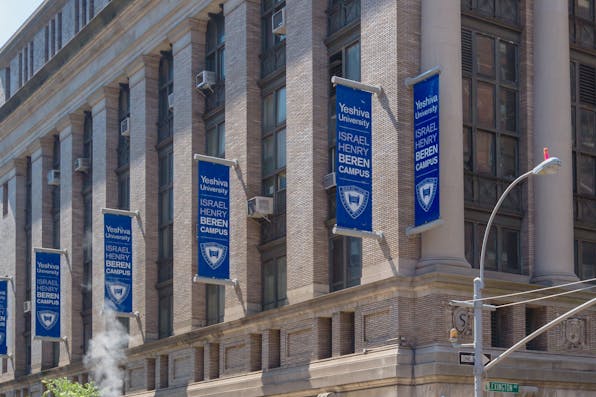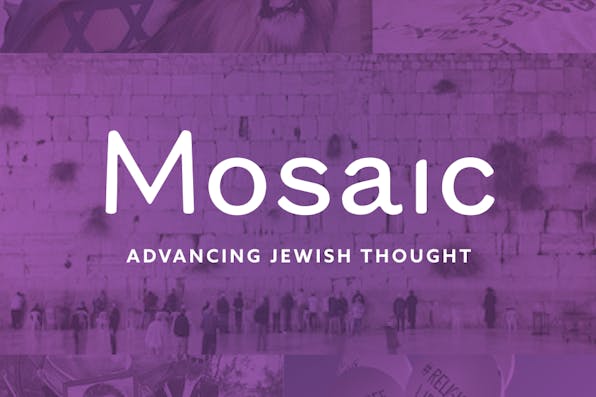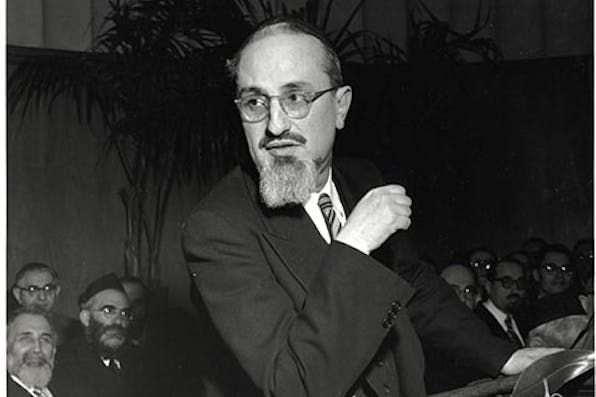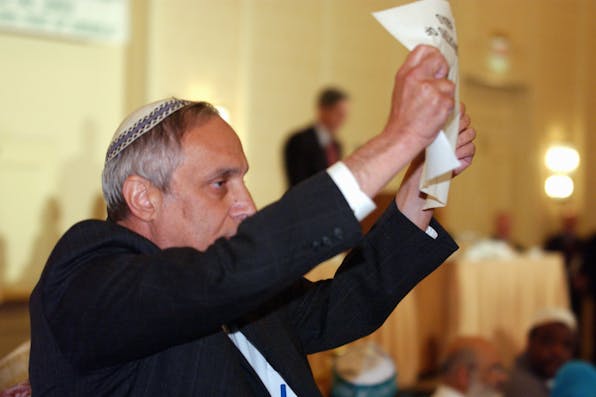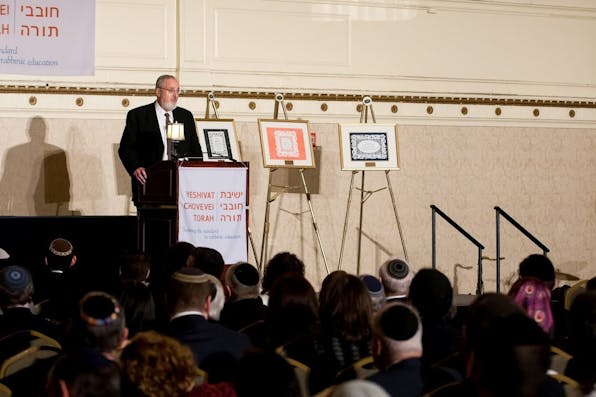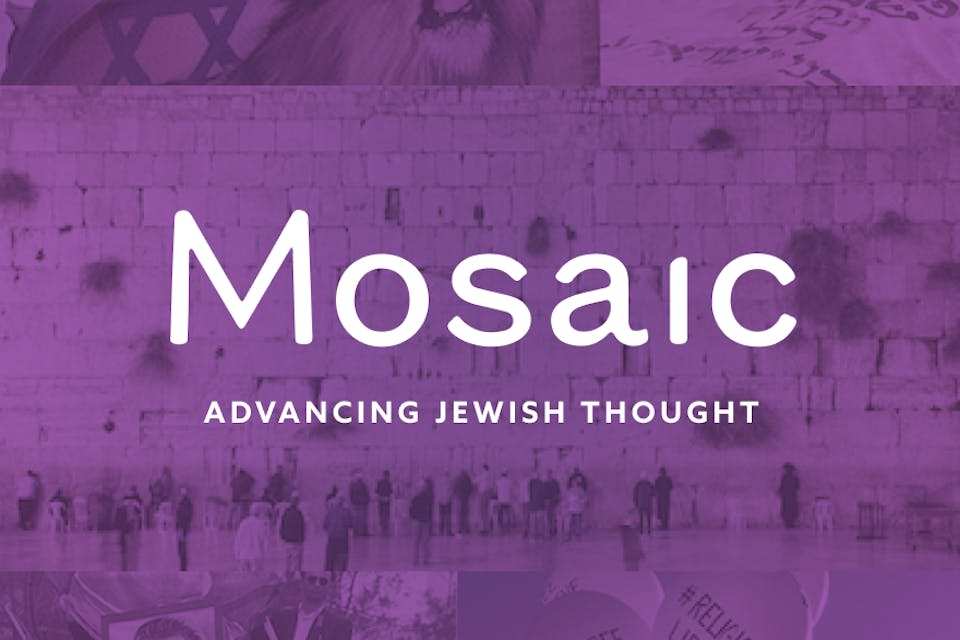
August 13, 2014
Let Us Now Praise Modern Orthodoxy
Against all odds, Modern Orthodoxy has successfully mixed serious religious engagement with modern life. Now it just has to retain the courage of its own convictions.
According to Jack Wertheimer’s compelling article in Mosaic, Modern Orthodox Jews in America struggle between a rock and a hard place. “A whole set of core Modern Orthodox assumptions,” he asserts, is “under assault” simultaneously from haredi Orthodoxy on the Right and liberal American culture on the Left. As a result of these existential challenges—and even as Modern Orthodoxy remains notable for its “vibrant communal life,” “high levels of observance,” and “serious engagement with traditional texts”—there is, he concludes, “considerable evidence that some practices, and even some values, are changing.”
Wertheimer’s warning is timely. Although Modern Orthodox Jews are highly integrated into American workplaces and society, they—in common with their haredi co-religionists—make it a practice, for example, to avoid live music, recreational swimming, and festive occasions like weddings in the nine days leading up to Tisha b’Av: the annual day of fasting and prayer in memory of the destruction of the ancient Temples which this year fell in early August, coinciding serendipitously with the appearance of Wertheimer’s somewhat mournful essay. By contrast, most non-Orthodox American Jews are probably more aware of Ramadan than of the “nine days.” Wertheimer worries that if Modern Orthodox Jews tilt in that direction, surrendering to the temptations of “an open and radically untraditional American society,” they could end up “distort[ing] traditional Judaism beyond recognition.”
But what is the “traditional Judaism” against which Modern Orthodoxy is being measured, and what comprises “change” or “distortion”? Historically, Wertheimer suggests, traditional Judaism is “the all-embracing religious culture of [Jewish] Eastern Europe”—the same culture that American haredi rabbis, for their part, “strove to recreate” on these shores. In this understanding, haredi Orthodoxy replicates traditional Judaism, authentic and unchanged.
